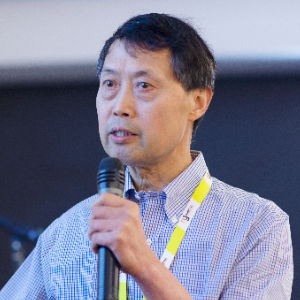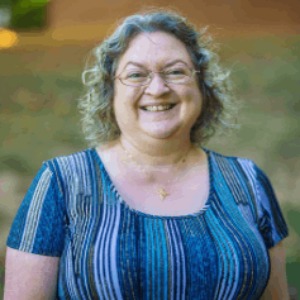Consciousness
Consciousness is a term that has been studied for centuries in philosophy and is now being studied in neurology to understand the intricate patterns of neuronal activity connected to cognitive processes. By studying the brain, neurologists can gain insight into the physiological basis of conscious experiences. Research in the area of consciousness in neurology has focused on the interaction between neuronal networks and cognitive processes, the relationship between consciousness and self-awareness, the neurological mechanisms behind certain disorders like coma and consciousness, and the potential use of brain-computer interfaces to access and manipulate conscious states. Neuronal networks lie at the heart of consciousness studies. Researchers use electroencephalograms (EEGs) and functional Magnetic Resonance Imaging (fMRI) to measure the activity of neuronal networks. By studying how neuronal networks interact, it is possible to gain insight into how conscious states are associated with physical activities. This information can then be used to better understand the phenomena of consciousness. It has also been found that self-awareness and consciousness are strongly connected. Studies have shown that unilateral neglect, a condition in which people become unaware of one side of their body, is also accompanied by a lack of self-awareness. By studying how the brain's neuronal networks interact with self-awareness, it is possible to gain insight into the neurological basis of conscious states. The neurological mechanisms behind certain disorders such as coma and consciousness can be understood using neurology studies. EEG recordings from patients in comas have shown that certain patterns of neuronal activity may be associated with certain levels of consciousness. This has allowed for greater insight into how the brain can be manipulated to try and bring a comatose patient out of the comatose state. Finally, the potential use of brain-computer interfaces to access conscious states is also being studied in the field of neurology. By combining EEG recordings with mathematical modeling and computer simulations, it is possible to gain an understanding of how conscious states are associated with neuronal networks. Through this, researchers are able to manipulate the neural circuitry in order to access conscious states that may be otherwise unavailable. Overall, the study of consciousness in neurology is an extremely complex and fascinating field of exploration. It has the potential to further our understanding of the intricate relationship between biological processes and conscious experiences, as well as give us insight into how to better treat neurological impairments.

Ken Ware
NeuroPhysics Therapy Institute and Research Centre, Australia
Yong Xiao Wang
Albany Medical College, United States
Joe Sam Robinson
Mercer University, United States
Daniel Curry
Texas Children’s Hospital, United States
Jessica Marchant
Texas Woman's University, United States
Laura Steakin
Rehabilitation Institute at Sinai, United States




Title : Atypical presentation of Juvenile myoclonic epilepsy in a 16-year-old female: A Case Report
George Diaz, Memorial Healthcare Systems, United States
Title : What we don’t know about hydrocephalus and It’s management
Daniel Curry, Texas Children’s Hospital, United States
Title : Artificial intelligence-driven DWI and FLAIR for the detection of early stroke changes: A systematic review
Shari L Guerra, The Medical City, Philippines
Title : Mapping neuroplasticity in occupational therapy: Evidence-based interventions with measurable neural outcomes
Jessica Marchant, Texas Woman's University, United States
Title : Non-pharmacologic management of orthostatic hypotension in inpatient rehabilitation: A quality improvement initiative
Laura Steakin, Rehabilitation Institute at Sinai, United States
Title : Non-pharmacologic management of orthostatic hypotension in inpatient rehabilitation: A quality improvement initiative
Mackenzie Weber, Rehabilitation Institute at Sinai, United States